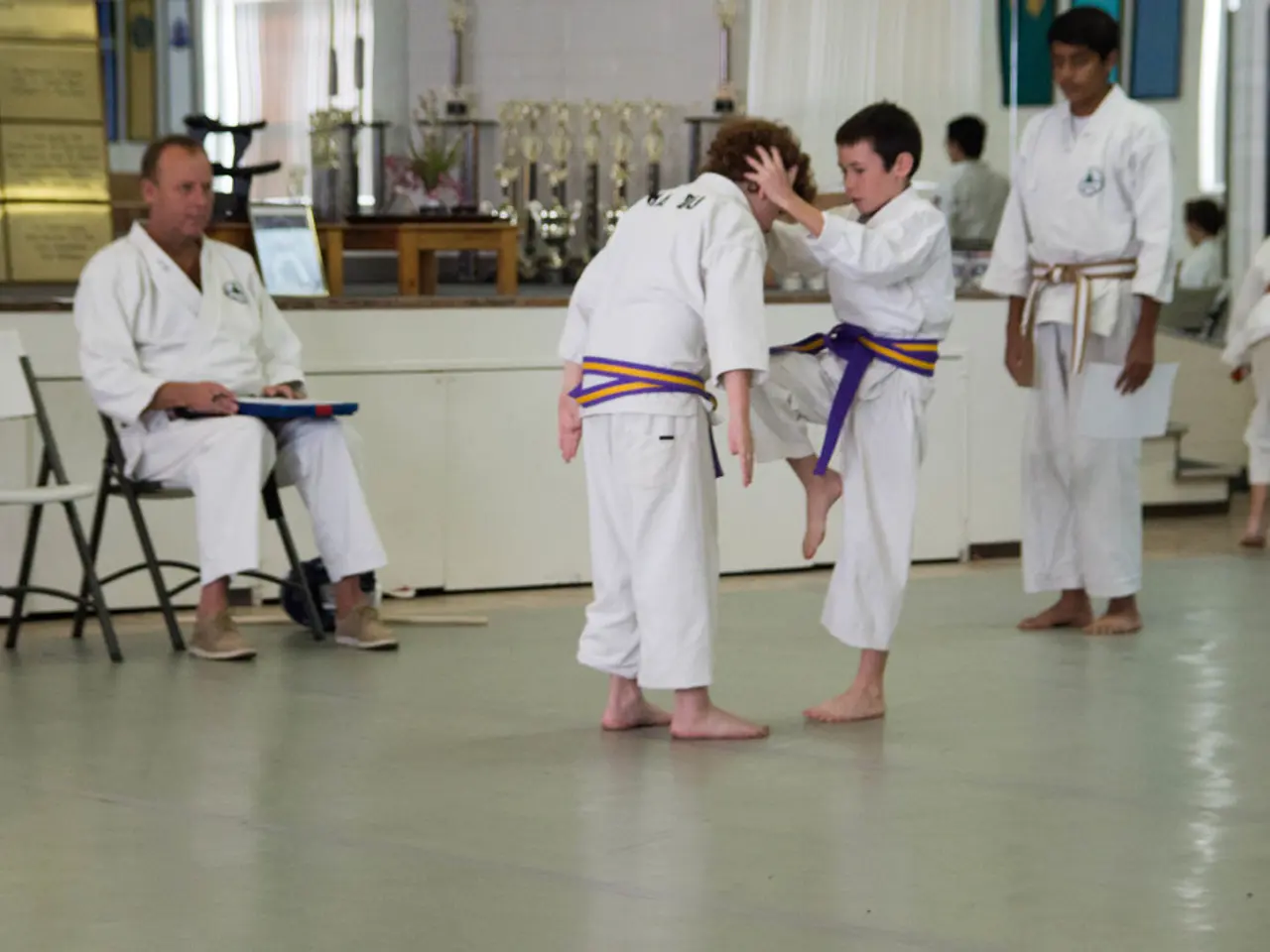Struggles and yearning for acceptance over a lifelong journey experienced by adults on the autism spectrum in Japan are laid bare.
Late-Diagnosed Autistic Adults in Japan Face Unique Challenges
A groundbreaking study published in Autism in 2025 sheds light on the lived experiences of seven Japanese adults who were diagnosed with autism in their twenties or thirties. The research, led by Nanami Harada and her team, offers valuable insights into how cultural context shapes autistic experiences, particularly in Japan.
The study reveals that late-diagnosed autistic adults in Japan often face significant lifelong challenges due to Japan's unique cultural context. The country places high value on social harmony, indirect communication, and conformity, which can conflict with autistic individuals' natural communication styles. This mismatch contributes to intense stigma and misunderstanding of autism within Japanese society.
The participants in the study experienced pervasive feelings of difference and misunderstanding, bullying during schooling, and workplace adaptation difficulties. Diagnosis often brought relief and self-understanding but also mixed emotions including sadness and confusion. Some participants felt inferior and resistant after learning they were autistic, while others found comfort in finally having an explanation for their differences.
The study highlights the significant mental health toll of navigating a society that often fails to understand or accommodate autism. Participants reported feelings of burnout, anxiety, and depression due to the pressure to appear "normal." Some even withdrew from society for extended periods, a condition known as hikikomori in Japan. One participant was hospitalized due to exhaustion from masking her differences.
The participants also faced negative reactions from family members after diagnosis, and some were advised to hide their diagnosis at work to avoid exclusion. The final theme was a strong desire for acceptance among the participants. The findings suggest a need for greater awareness and education about autism in Japan, among both the public and professionals.
The study's participants also had co-occurring diagnoses of ADHD in some cases. The path to diagnosis was often indirect for the participants, and many experienced bullying during their school years. Despite these challenges, the participants expressed a desire for more inclusive spaces and support systems.
Overall, the research indicates that late-diagnosed autistic adults in Japan face unique challenges due to societal expectations around conformity and communication, which affect their understanding, acceptance, and treatment of autism. While diagnosis can aid self-understanding, cultural context strongly influences both stigma and support mechanisms available in Japan. This area of research remains relatively scarce compared to Western countries but is gaining attention.
- The groundbreaking study reveals that the mental health of late-diagnosed autistic adults in Japan is significantly impacted due to societal pressure to conform, contributing to feelings of burnout, anxiety, and depression.
- The cultural context in Japan, with its emphasis on indirect communication and social harmony, frequently conflicts with autistic adults' natural communication styles, leading to intense stigma and misunderstanding.
- The research highlights the importance of understanding and accommodating autism within Japanese society, as inadequate support structures contribute to extended periods of social withdrawal, known as hikikomori.
- The participants' desire for acceptance underscores the need for increased awareness and education about autism among both the public and professionals in Japan.
- The study found that late-diagnosed autistic adults in Japan often have co-occurring diagnoses of ADHD, with many experiencing bullying during their school years.
- Emotions such as sadness, confusion, and ultimately relief were common for participants upon receiving their diagnosis, but some initially felt inferior and resistant to learning they were autistic.
- The findings suggest that late-diagnosed autistic adults in Japan require more inclusive spaces and support systems, as these can play a crucial role in their overall mental health and well-being.
- The study contributes to the growing field of research into autism within various cultural contexts, helping to counteract the relative scarcity of Japanese-centric research compared to Western countries.
- Understanding the complexities of autism within specific cultural contexts is essential for developing effective treatment and support strategies tailored to the unique challenges faced by those diagnosed in adulthood.
- The role of psychology, education, and health-and-wellness professionals in addressing these challenges by promoting acceptance, understanding, and the provision of appropriate resources and support is critical in ensuring improved mental health outcomes for late-diagnosed autistic adults in Japan.




